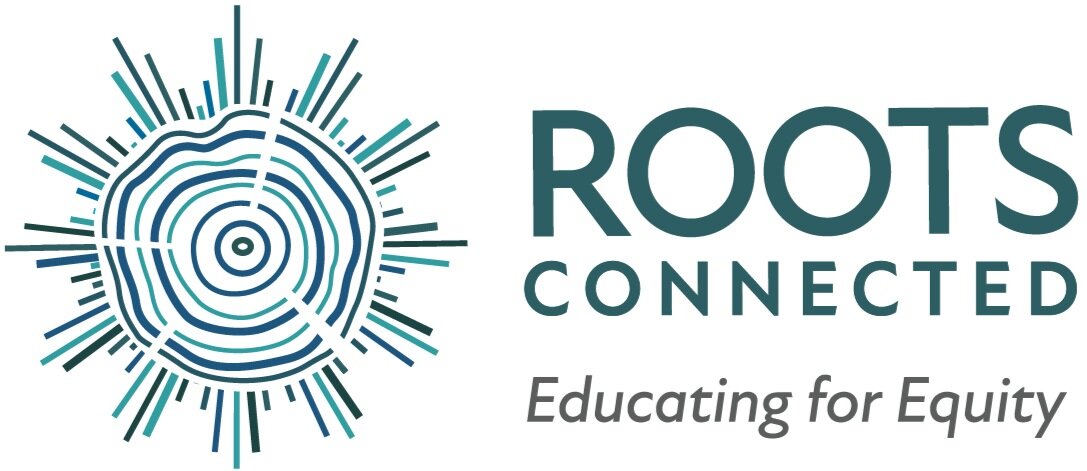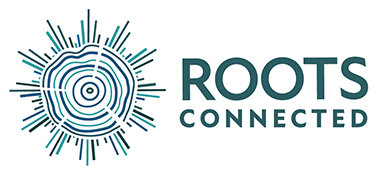If you want to approach curriculum with an anti-bias lens, where is a good place to start? How do we deepen our students' thinking around social justice without throwing out the curriculum and starting anew? Anti-Bias Education, an activist, value-based approach focused on honoring differences and addressing biases from early elementary school, can be seen in practice through increasing representation in curriculum, critical literacy, and social action. This workshop will focus on explicit examples of anti-bias education in practice through the lens of critical literacy. Most of the time, we can utilize our curriculum as long as we are asking the right questions. Most applicable to elementary and middle school teachers, this Roots ConnectED session will give participants a foundational understanding of anti-bias education and how critical literacy is a means by which classrooms can specifically address race, power, privilege, stereotypes and bias. As is becoming starkly clear through both the spread of the COVID-19 pandemic and the deadly effects of institutional and interpersonal racism that have been brought to the forefront of our national discourse, the need to teach children how to think instead of what to think, is ever more critical. We believe that critical literacy within an anti-bias education framework can do just that. Participants will work in both small and large groups to understand what these frameworks can look like in practice and consider the implications for their own school sites and communities of practice.
Facilitators: Michelle McCree-Harrison, Sofia Corporan

